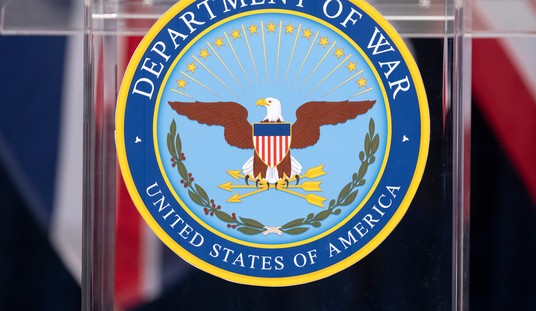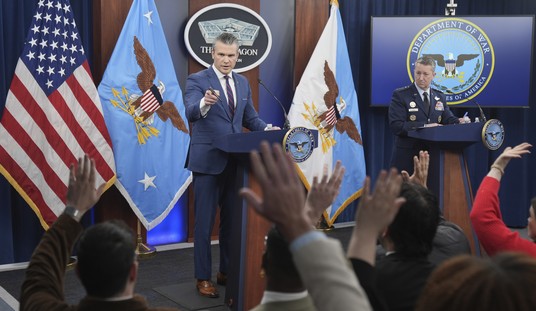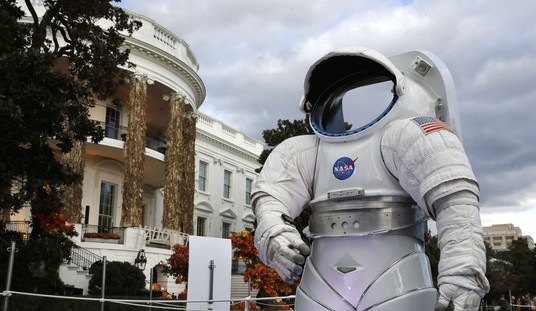Since President Trump took office, the media has engaged in this new kind of headline writing when it comes to claims made by the president. When Trump says something, more often than not, you’ll see an outlet report, “President Trump, without evidence, says _____.”
It’s not necessarily unfair as Trump lies as easily as many people breathe. Still, it’s become quite a tiresome process. Better not to report what junk he’s spouting than give it attention and think adding “without evidence” will sway any of the Trump faithful. There is an irony, however, when a member of the media does the same thing as Trump.
Chuck Todd decided to devote the final Meet The Press of 2018 to an episode about climate change. It was a circle jerk of course because if you don’t agree with the alarmists entirely, you’re tagged as a “climate change denier.” It was a stupid thing for Chuck Todd to do, but when you consider he’s still sporting a Van Dyke beard like he’s a 25-year-old Ben Affleck in Chasing Amy, this shouldn’t surprise anyone.
Brian Stelter thought well of the idea and tweeted the following:
Climate change is under-covered on television. So it's notable that @ChuckTodd @MeetThePress dedicated a special hour to the subject today. https://t.co/ZlM8mNbrB1
— Brian Stelter (@brianstelter) December 30, 2018
This claim cannot be corroborated in any way. Granted, Stelter leaves himself a lot of wiggle room. What does “under-covered” mean anyway? I am sure you can find #resistance people who still think television doesn’t devote enough coverage to Trump’s scandals.
But just looking at it anecdotally, what he says is nonsense. There is not an environmental disaster or storm that does not lead to a week-long television discussion about climate change. Fires, droughts, flooding, tornadoes, hurricanes, snow storms — you name it, the debate about climate change is found on nearly every news channel in existence.
Is there any concrete evidence? There’s some. The International Collective On Environment, Culture & Politics tracks media coverage of climate change and what it said is pretty interesting:
At the country level, counts held steady or decreased from October to November 2018, except for in Spain where coverage was up 22%. In the United States, print coverage was down 5% in November compared to October, though still up considerably from the previous November 2017. However, US television coverage of climate change spiked in November 2018, as it was up 71% from October 2018 and also up considerably from coverage a year ago (November 2017).
The full report is lengthy, but it basically does not align with what Stelter is said. Again, he can claim that increased coverage doesn’t buttress his point, but he’s the who made the claim. He should provide the evidence.
The ball is in your court, Brian.














Join the conversation as a VIP Member